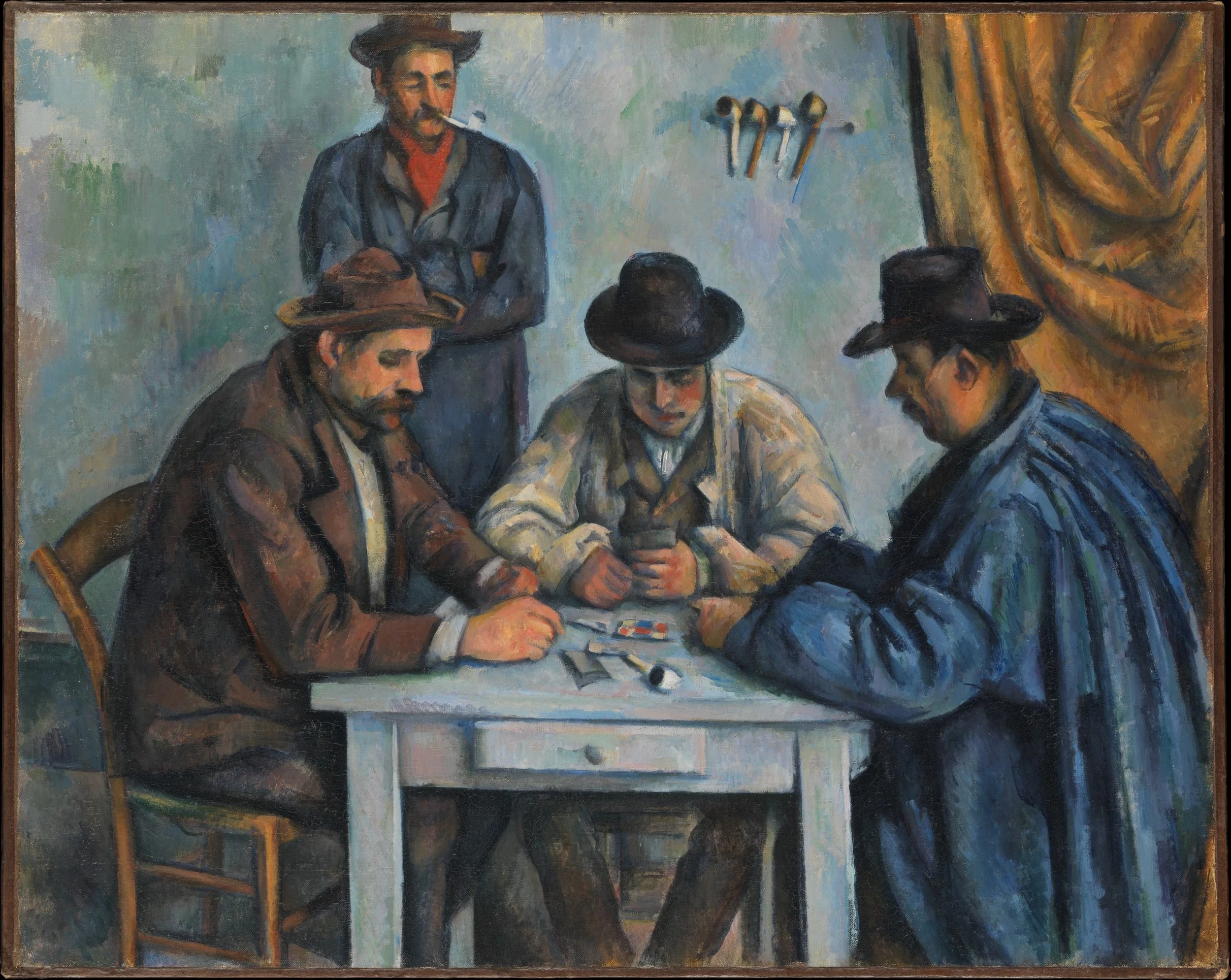The Meaning of Life or the Chaotic Introduction to Existentialism
Alberto Giacometti - The Artist's Mother 1950
What is the meaning of life? What is the meaning of my life? I’m sure that each of you, dear readers, have asked yourselves this question at least once. I know I have, many times. Each leading into a whirlwind of more questions with no answers in sight. When I discuss it with others I often get labelled as existential. This makes me think. Existential? What do we really mean when we say that? What does it entail and how does it relate to my question?
The term "Existentialism" originates from Latin in the 1690s, meaning "pertaining to existence." It evolved in the 1840s when used by Danish philosopher Søren Kierkegaard. Who employed the slightly transformed “existentialism” derived from “Existents-Forhold” or the condition of existence. After this lengthy etymology lesson, I welcome you to the exposition of an entire philosophy dedicated to the concept of the meaning of life - existentialism.
As this is solely an introduction, I shall take you down existentialism’s rabbit hole to highlight the main and completely unbiased facts that stuck with me; hopefully painting a clearer picture and sparking a desire to research the topic yourself.
Francis Bacon - Self Portrait 1971
Existentialism fittingly has no specific definition. Humbly, I define it as a way of contemplating life’s purpose that is characterised by a deep sense of anxiety, despair, and hollowness, though it is, in fact, a rather liberating notion. Let me expand on that. Existentialism emphasises life’s lack of a predefined meaning, compelling each individual to define their purpose while questioning everything, from morality to religion. This philosophy became particularly widespread in post-WWII society, when moral questioning and re-evaluation were omnipresent due to the profound changes brought about by the war. People grappled with concepts of death, freedom, and meaninglessness after experiencing significant loss and violence with little consequence. Dostoevsky's quote, "If God does not exist, then everything is permitted," encapsulates the sentiments of that era in illustrating the reassessment of values and existential stance in the face of life's uncertainties.
Alternatively, existentialism may be seen as a response to nihilism, which states that life has no intrinsic meaning, period. It picks up where nihilism leaves off, urging individuals to find their own meaning in an inherently meaningless life. It's crucial not to confuse existentialism with absurdism, another response to nihilism. Absurdism suggests that humans seek meaning in a meaningless world, leading to internal conflict since meaning is a chimeric dream. Confused yet? Nihilism: no meaning, point blank period. Absurdism: no meaning, we still search for it, internal conflict. Existentialism: no meaning, individuals create their own meaning.
Paul Cezanne - The Card Players 1890s
Having sketched out existentialism, I will further illustrate it by referencing two of my favourite works of literature that can be classified as such. I’m sure each one of you knows “The Stranger” by Albert Camus, however even if most of the author’s works adhere to absurdism, this novel is exemplary of the ambience of existentialism. The plot follows a man facing a world characterised by reckless alienation and spiritual exhaustion, which he must navigate to maintain the conviction of his meaning of life. Meursault’s inner world that the reader is privy to threatens the hypocrisy of the rest of society, as even in dire situations, he remains unapologetically himself. The main character isn’t particularly likeable as he moves through life quasi-irrationally with zero empathy or even ambition. However, he highlights an important lesson, that society expects us to adapt to the rules it creates and most of us end up doing so, pushed by the need to fit into the mass-made mould. Having sacrificed our wants and needs to satisfy everyone around us, ninety percent of the population realises their mistake on their deathbed (if at all) when they finally ask themselves the magic question “why and who did I live my life for?” The literary analysis of “The Stranger” can be a book of its own, however, it perfectly captures the struggle and feeling of dread associated with existentialism as we come to terms that we are sole in this world and devoid of a predefined meaning. We have no choice but to go and find one, otherwise it will be found for us.
Henrik Ibsen’s play “A Doll’s House” reaches an analogous conclusion. The play follows a woman, wife, and mother called Nora in 1800s Norway who, akin to her female counterparts in that period, maintains the perfect picture of her familial duties as was expected. After a grievous incident and a risky lie her perfect image threatens to fall apart. The play is unique in being one of the first to give people - women especially - the chance for self-determination in a world where that was frowned upon. However, in relation to our topic it provides a depiction of a person first losing their meaning of life and their consequent descent into a search for a new one. It highlights the paramount importance of finding meaning, even if it means enduring the criticism of society, and potentially that of the reader themself.
If I managed to captivate your curiosity, here is a list of some more book recommendations that explore existentialism: “Man’s Search for Meaning” Viktor Frankl, “Either/Or” by Søren Kierkegaard, “Being and Nothingness” and “No Exit” by Jean-Paul Charles Sartre, “Crime and Punishment” and “The Brothers Karamazov” by Fyodor Dostoevskiy, “Thus Spoke Zarathustra” by Frederich Nietzsche.
Francis Bacon - Study After Velazquez's Portrait of Pope Innocent X




